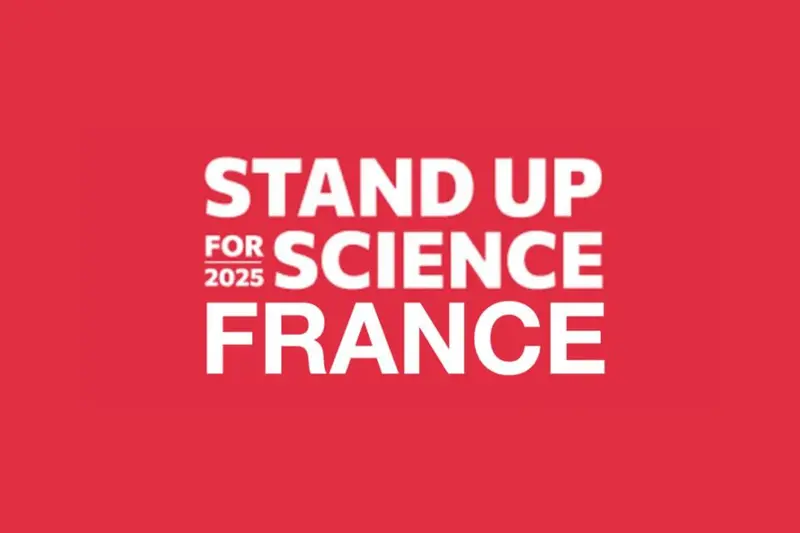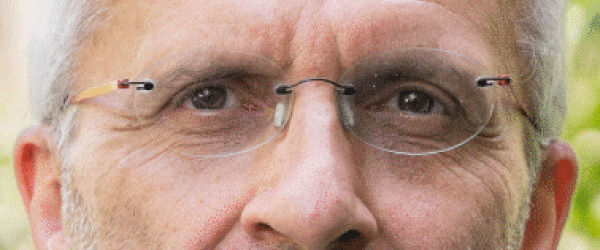Les séminaires du Lundi accueillent Eric CASTET, Equipe Sense, Movement & Perception (SMP)
le : 7 Octobre
de : 11h à 12h
En : Salle des Voûtes, Bâtiment 9, Campus Marseille St Charles
Title : PTVR – A software in Python to make virtual reality experiments easier to build and more reproducible
Researchers increasingly use virtual reality (VR) to perform behavioral experiments, especially in vision science. These experiments are usually programmed directly in so-called game engines that are extremely powerful. However, this programming process is tricky and time-consuming as it requires solid knowledge of game engines. Consequently, the anticipated prohibitive effort discourages many researchers who want to engage in VR.
In this seminar I will present the Perception Toolbox for Virtual Reality - PTVR (https://ptvr.inria.fr) with which visual perception studies in VR can be created using high-level Python script programming. A crucial consequence of using a script is that an experiment can be described by a single, easy-to-read piece of code, thus improving VR studies' transparency, reproducibility, and reusability (cf. « FAIR » principles). This new toolbox should also dramatically reduce the difficulty of programming experiments in VR and elicit a whole new set of visual perception studies with high ecological validity.
As an illustration of the PTVR power and scientific relevance, I will present some PTVR experiments currently run in our group to assess the performance of low vision persons in sophisticated pointing tasks. These tasks rely on the rich interactivity available in PTVR and also aim at improving the visual performance of these patients.

